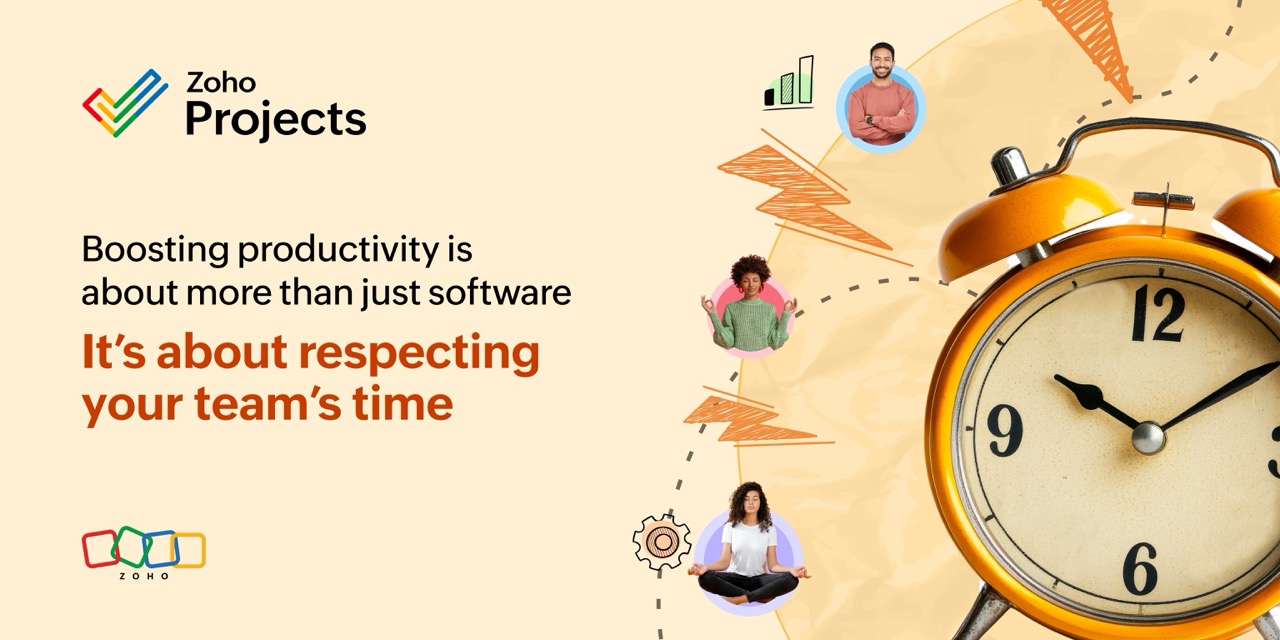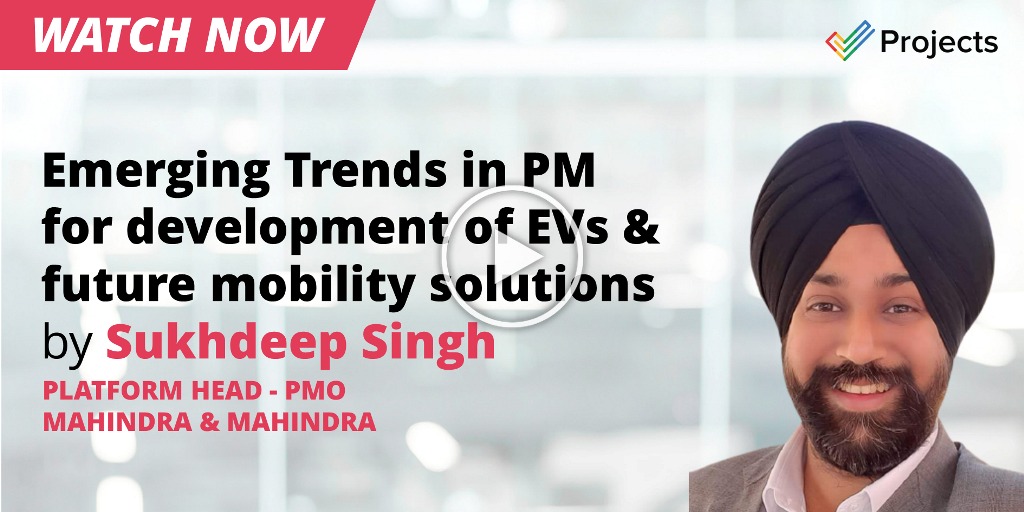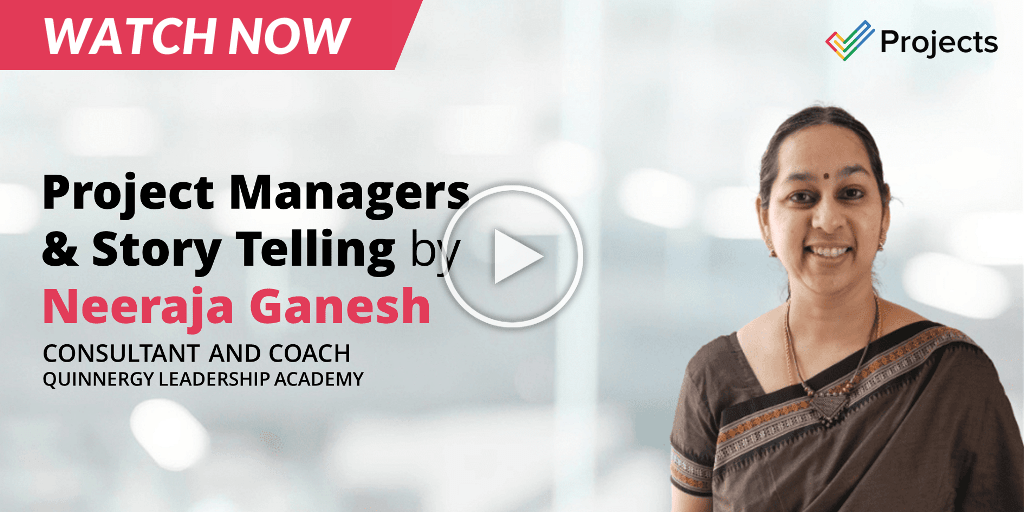- HOME
- Guest talks
- Characteristics of Successful Project Leaders | Thomas Walenta
Characteristics of Successful Project Leaders | Thomas Walenta
- Last Updated : November 18, 2025
- 1.7K Views
- 2 Min Read
 Prathik
PrathikPoints the way towards all things that can improve productivity, from project management and collaboration to workplace culture and organizational behaviour.




